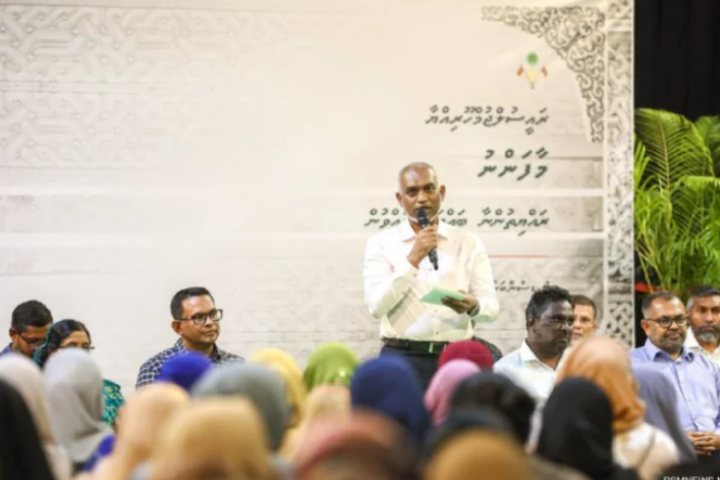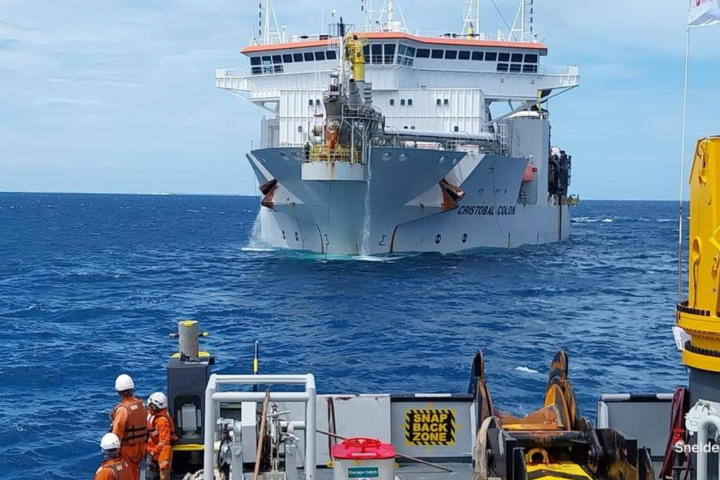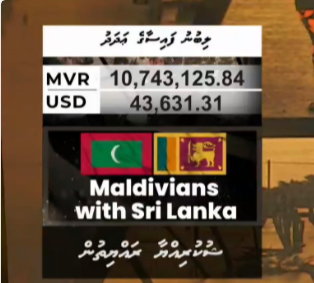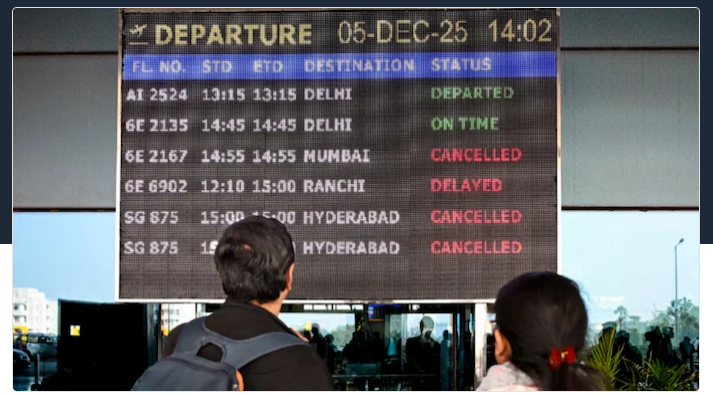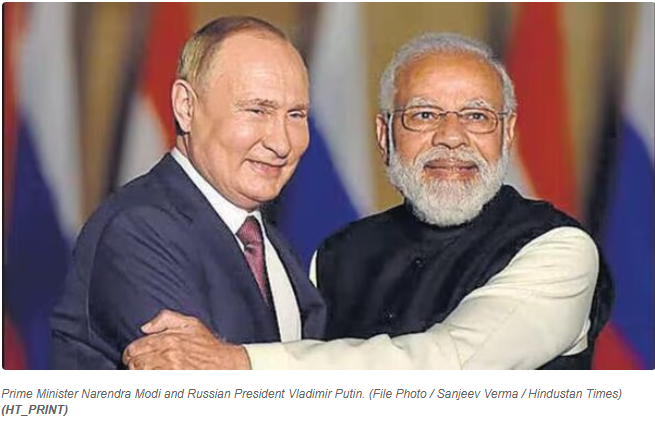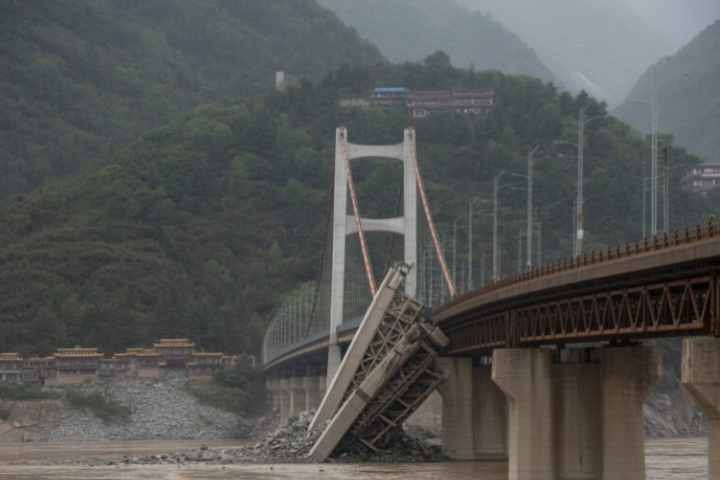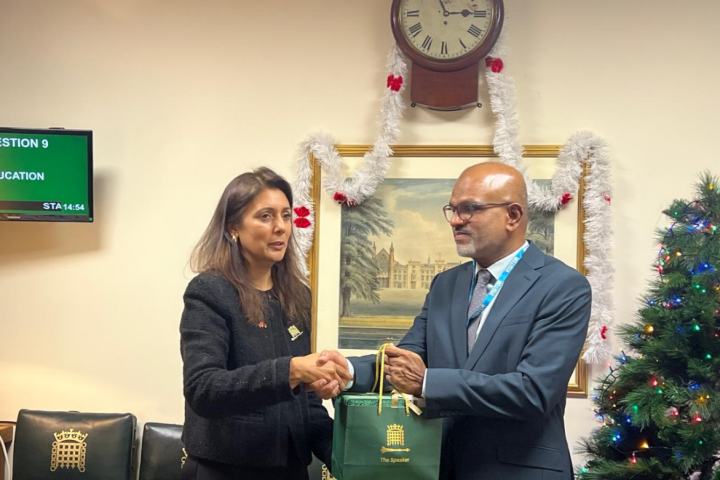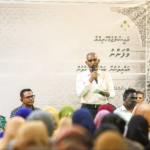In a press conference on December 5, 2023, President Mohamed Muizzu assured the public of his administration’s commitment to transparency. “There will be nothing hidden and unaccountable. Information will be shared,” Muizzu declared, promising the public would have easy access to information without the need for formal requests. “You will get all the information. There will be no restraint on anything,” he further stated.
Despite these assurances, the government faces mounting criticism for withholding information and restricting the flow of details. Critics accuse the administration of employing a legion of social media operatives tasked with disseminating approved messages. Public discourse is rife with discussions about extravagant salary packages and ineffectual political appointees, some reportedly lacking basic office necessities. Amidst the government’s refusal to disclose this information, MDP MP Michael Ahmed Naseem has introduced an emergency motion demanding the disclosure of the number of political posts in the Muizzu administration.
The President’s office has so far refused to release this information, including the salaries. This lack of transparency stands in stark contrast to Muizzu’s earlier promises.
MP Ahmed Azaan, an RTI warrior during President Ibu Solih’s administration, has now shifted his stance. Elected from Hithadoo Central, Azaan, along with his party members, voted against the emergency motion for disclosure.
President Muizzu had promised to limit his political appointees to 700 posts. However, with the government’s reluctance to release numbers, speculation suggests there are over 2,000 political appointees. The media has also raised concerns, stating that requests for information are being blatantly ignored.
Some appointees, reportedly suspended for months yet still drawing salaries, exemplify gross mismanagement of state funds amid an imminent economic crunch warned by international agencies.
A comparison of ministerial positions highlights the disparity: China, with a population of over 1.4 billion, has around 30 ministerial-level positions, while the Maldives, with a population of approximately 500,000, has 39 ministerial positions. Other countries also have fewer ministers per capita: Singapore (20 ministers for 5.9 million people) and the United States (15 Cabinet-level positions for 331 million people). Turkey, with a population of around 85.3 million, has around 30 ministerial positions.
In the Maldives, the current political appointees include:
- 39 Ministers or ministerial-level persons
- 85 Ministers of State
- 180 Deputy Ministers
- 174 Senior Political Directors
- 95 Political Directors
The opposition has highlighted the increasing salary expenditure of State-Owned Enterprises (SOEs). According to their statistics, Fenaka’s salary expenditure has risen from MVR 74 million at the end of 2023 to MVR 84 million currently. Other SOEs have shown similar increases:
- RDC: MVR 22 million to MVR 28 million
- WAMCO: MVR 21 million to MVR 31 million
- Stelco: MVR 44 million to MVR 48 million
- MTCC: MVR 60 million to MVR 65 million
The rising number of political appointees and the increasing expenditure on salaries pose significant concerns for the Maldives’ economy. The government’s opacity on this issue calls for greater accountability and transparency to ensure economic stability and public trust.

